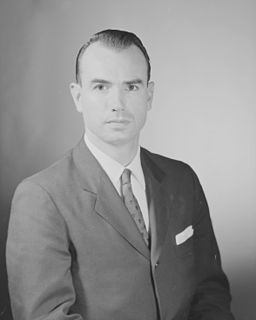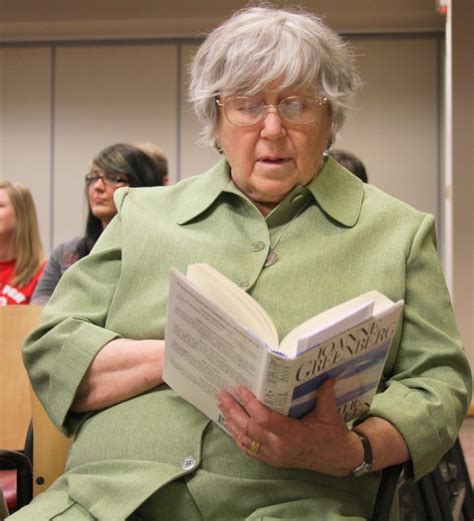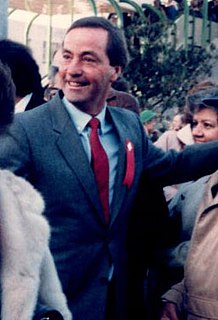A Quote by G. Gordon Liddy
One of the biggest lies in the world is that crime doesn't pay. Of course, crime pays.
Related Quotes
The best crime stories are always about the crime and its consequences - you know, 'Crime And Punishment' is the classic. Where you have the crime, and its consequences are the story, but considering the crime and the consequences makes you think about the society in which the crime takes place, if you see what I mean.
I grew up reading crime fiction mysteries, true crime - a lot of true crime - and it is traditionally a male dominated field from the outside, but from the inside what we know, those of us who read it, is that women buy the most crime fiction, they are by far the biggest readers of true crime, and there's a voracious appetite among women for these stories, and I know I feel it - since I was quite small I wanted to go to those dark places.
Once I got interested in organized crime, and, specifically, Jewish organized crime, I got very interested in it. I have learned that, like my narrator Hannah, I'm a crime writer in my own peculiar way. Crime with a capital "C" is the subject that I'm stuck with - even Sway is about "crime" in a certain way. The nice thing about crime is that it enables you to deal with some big questioO
During the Great Depression, levels of crime actually dropped. During the 1920s, when life was free and easy, so was crime. During the 1930s, when the entire American economy fell into a government-owned alligator moat, crime was nearly non-existent. During the 1950s and 1960s, when the economy was excellent, crime rose again.
I think there is a lot of crime caused by desperation, and it doesn't mean that people commit crime because they're poor, but certainly a lot of people who are poor commit crime and they might not if they weren't poor. You understand the difference there? That's not news, but it comes up when I hear people say poverty doesn't affect crime - that crime is still going down in America even though the economy is bad.



































